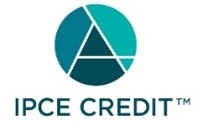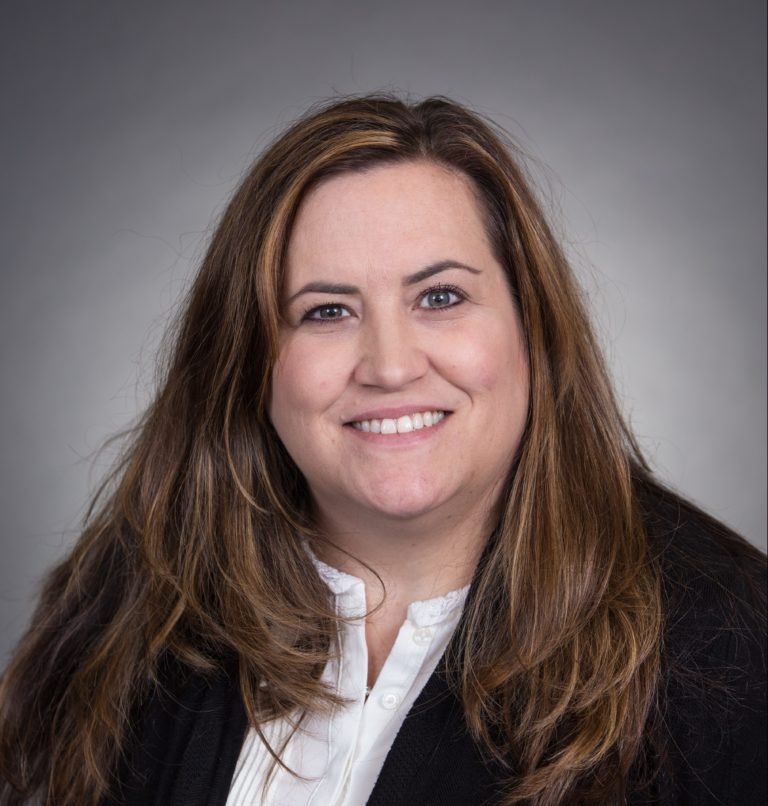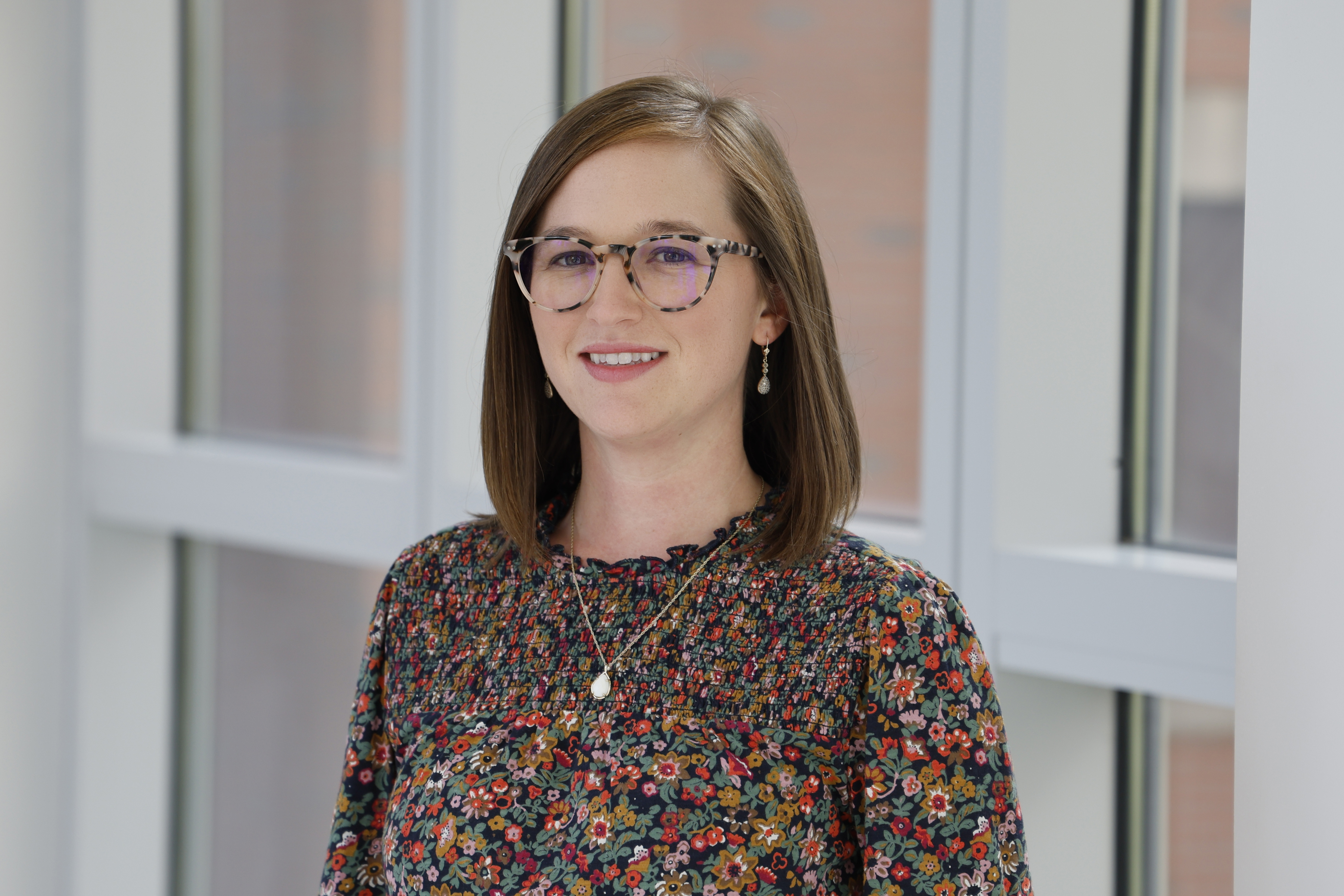
Code ICH: Rapid Stroke Treatment
Course Overview: Advanced Stroke CME
This comprehensive 8-hour CME course focuses on strategies to reduce the risk of death and improve neurological outcomes for patients with stroke, particularly those with Intracerebral Hemorrhage (ICH). It is designed for healthcare professionals working in emergency departments, inpatient units, stroke units, intensive care units, or any setting involved in the care of ICH patients.
Course Topics and Faculty:
- Introduction
Josh Goldstein, MD, and Sasha Yakhkind, MD - Overview of Spontaneous Intracerebral Hemorrhage
Sasha Yakhkind, MD - Neuroimaging in ICH: Essential Tests and Key Findings
Sayona John, MD - Anticoagulation Reversal and the Importance of Timely Intervention
Casey May, PharmD - Blood Pressure Management: Rapid and Precise Control
Jennifer Frontera, MD - Surgical Therapy: Patient Selection and Effective Treatments
Wendy Ziai, MD, MPH - Optimized Nursing Care
Anne Alexandrov, RN, APRN, and Wendy Dusenbury, APRN - Care Bundles in ICH: Parallel Processing for Optimal Outcomes
Stephan Mayer, MD - Strategies to Reduce Time to Treatment in Real-World Settings
Josh Goldstein, MD - Prognostication in ICH: Predicting Outcomes and Clinical Implications
Claude Hemphill, MD - Medicolegal Issues: Panel Discussion of Real Closed Malpractice Cases
Josh Goldstein, MD, and Kori Zachrison, MD
Who Should Attend: This course is ideal for healthcare professionals involved in the acute and critical care of stroke patients, including emergency department staff, inpatient and stroke unit personnel, and intensive care unit teams.
Target Audience
This course is intended for physicians, physician assistants, nurses, pharmacists, and other critical care team members.
Accreditation
In support of improving patient care, MGH Institute of Health Professions is jointly accredited by the Accreditation Council for Continuing Medical Education (ACCME), the Accreditation Council for Pharmacy Education (ACPE), and the American Nurses Credentialing Center (ANCC) to provide continuing education for the healthcare team.
8.0 Physicians
This activity has been planned and implemented in accordance with the accreditation requirements and policies of the Accreditation Council for Continuing Medical Education (ACCME) through the joint providership of Massachusetts General Hospital Institute of Health Professions. MGH Institute of Health Professions designates this live activity for a maximum of 8.0 AMA PRA Category 1 Credits ™. Physicians should claim only credit commensurate with the extent of their participation in this activity.
8.0 Nursing
MGH Institute of Health Professions designates this activity for 8.0 contact hours for nurses.
8.0 Pharmacists (ACPE)

This activity provides 8.0 contact hours (6.0 CEUs) of continuing education credit. ACPE Universal Activity Number UAN JA4008265-0000-24-001-H01-P
NOTE FOR PHARMACISTS: Upon closing of the electronic evaluation, MGH IHP will upload the pharmacy-related continuing education information to CPE Monitor within 60 days. Per ACPE rules, MGH IHP does not have access or the ability to upload credits requested after the evaluation closes. It is the responsibility of the pharmacist or pharmacy technician to provide the correct information [NABP ePID and DOB (in MMDD format)] in order to receive credit for participating in a CE activity.
Other CE Licenses: Other Providers can claim a Participation Certificate upon successful completion of this course. Participation Certificates will specify the title, location, type of activity, date of activity, and number of AMA PRA Category 1 Credits™ associated with the activity. Providers should check with their regulatory agencies to determine ways in which AMA PRA Category 1 Credits™ may or may not fulfill continuing education requirements. Providers should also consider saving copies of brochures, agendas, and other supporting documents.
8.0 IPCE Credit

This activity was planned by and for the healthcare team, and learners will receive 8.0 Interprofessional Continuing Education (IPCE) credits for learning and change.
Learning Objectives
At the end of this program, participants will be able to:
- Identify the correct anticoagulant reversal agent and deliver it rapidly.
- Describe appropriate blood pressure targets and medications to use, and initiate them rapidly.
- Assess which patients should undergo rapid evaluation for surgical therapy.
- Identify the best use of care bundles.
- Discuss the highest risk medicolegal issues in caring for ICH patients.
Too often, intracerebral hemorrhage (ICH, or hemorrhagic stroke) is treated as the forgotten middle child of stroke. Acute ischemic stroke has a number of quality measures associated with it, but too often, clinical providers take a nihilistic approach to hemorrhagic stroke. However, national guidelines exist as well as a wide body of supportive data for specific treatments. The goal of this program is to ensure clinical providers in emergency medicine, neurology, and neurosurgery, are most up to date with ICH management and have clear, actionable protocols that they can take to the bedside.
This course is aimed at those who treat acute intracerebral hemorrhage (ICH). This course is ideal for doctors, nurses, physician assistants, NPs, pharmacists, emergency medical services, and any other health care provider in this space. If you work in the emergency department, inpatient unit, stroke unit, intensive care unit, or any other unit that cares for ICH, this course is for you. This course which offers 8 hours of stroke CME, will highlight the things you can do now to reduce the risk of death and improve neurologic outcome for this devastating disease.
- Introduction; Josh Goldstein, MD and Sasha Yahkind, MD
- Overview- Spontaneous Intracerebral Hemorrhage – Sasha Yakhkind, MD
- Neuroimaging in ICH: What tests to do and what to look for- Sayona John, MD
- Anticoagulation reversal and the importance of time! – Casey May, PharmD
- Blood pressure management – treat fast, with close control– Jennifer Frontera, MD
- Surgical therapy- which patients need surgery, and what treatments will help? Wendy Ziai, MD, MPH
- Optimized nursing care:– Anne Alexandrov, RN, APRN and Wendy Dusenbury, APRN
- Care bundles in ICH: The importance of doing everything in parallel –Stephan Mayer, MD
- Strategies to reduce time to treatment in the real world – Josh Goldstein, MD
- Prognostication in ICH: Can we predict their outcome, and what to do with this information? Claude Hemphill, MD
- Medicolegal issues: Panel Discussion of real closed malpractice cases: Josh Goldstein, MD, Kori Zachrison, MD
Course Directors:
Joshua N. Goldstein, MD, FNCS

Dr. Goldstein is an emergency physician who specializes in neurologic emergencies. He received both his M.D. and Ph.D. from the University of Connecticut in 2000, completed his residency at the Harvard Affiliated Emergency Medicine Residency in 2005, followed by a research fellowship in Vascular and Critical Care Neurology at Massachusetts General Hospital and Brigham & Women’s Hospital. He is currently the Vice Chair for Faculty Affairs and the Director of the Center for Neurologic Emergencies in the Department of Emergency Medicine at Massachusetts General Hospital; a Professor of Emergency Medicine at Harvard Medical School; and holds the MGH Endowed Chair in Emergency Medicine Research. He is a Fellow of the Neurocritical Care Society, the American Heart Association, the American College of Emergency Medicine.
Dr. Goldstein has a financial relationship as a consultant for Astrazeneca, Takeda, Octapharma, Cayuga.
Stephan A. Mayer, MD, FCCM, FNCS

Dr. Mayer is Director of Neurocritical Care and Emergency Neurology Services for Westchester Medical Center Health System and Professor of Neurology and Neurosurgery (tenured) at New York Medical College. Dr Mayer earned his undergraduate degree from Brown University and his medical degree from Cornell University Medical College in New York City. He completed a residency in neurology and a fellowship in critical care neurology at the Columbia University College of Physicians & Surgeons, where he rose to the rank of Professor of Neurology and built one of the nation's leading academic neurocritical care programs. Following that he moved to the Icahn School of Medicine at Mount Sinai, where he was Founding Director of the Institute for Critical Care Medicine. More recently he served as the William T. Gossett Chair of Neurology for the Henry Ford Health System in Detroit, Michigan. Dr. Mayer is considered a world leader in neurocritical care management. Dr. Mayer has a financial relationship as a consultant with AstraZeneca.
Faculty:
Anne Alexandrov, RN, APRN, University of Tennessee Dept. of Neurology
![]()
Wendy Dusenbury, APRN, University of Tennessee Health Science Center

Jennifer Frontera, MD, NYU Dept. of Neurology

Claude Hemphill. MD, MAS, USCSF Will Institute of Neuroscience
Sayona John, MD, Rush University Dept. of Neurological Sciences

Casey May, PharmD, Ohio State University College of Pharmacy

Sasha Yakhkind, MD, Tufts Medical Center Dept. of Neurology
![]()
Kori Zachrison, MD, MSc, MGH Dept. of Emergency Medicine

Wendy Ziai, MD, MPH, Johns Hopkins Medical Center

Available Credit
- 8.00 AMA PRA Category 1 Credit™
This activity has been planned and implemented in accordance with the accreditation requirements and policies of the Accreditation Council for Continuing Medical Education (ACCME) through the joint providership of IHP and Massachusetts General Hospital. IHP is accredited by the ACCME to provide continuing medical education for physicians.
IHP designates this Enduring activity for a maximum of 8.00 AMA PRA Category 1 Credit™. Physicians should only claim credit commensurate with the extent of their participation in the activity.
- 8.00 Nursing Contact Hours
Massachusetts General Laws, Chapter 13, sections 13, 14, 14A, 15 and 15D and Chapter 112, sections 74 through 81C authorize the Board of Registration in Nursing to regulate nursing practice and education.
This program meets the requirements of the Massachusetts Board of Registration in Nursing (244 CMR 5.00) for 8.00 contact hours of nursing continuing education credit. Advance practice nurses, please note: Educational activities which meet the requirements of the ACCME (such as this activity) count towards 50% of the nursing requirement for ANCC accreditation.
- 8.00 Participation
This course allows other providers to claim a Participation Certificate upon successful completion of this course.
Participation Certificates will specify the title, location, type of activity, date of activity, and number of AMA PRA Category 1 Credit™ associated with the activity. Providers should check with their regulatory agencies to determine ways in which AMA PRA Category 1 Credit™ may or may not fulfill continuing education requirements. Providers should also consider saving copies of brochures, agenda, and other supporting documents.
Price
Expiration Date: January 14, 2027
Accreditation Information

In support of improving patient care, MGH Institute of Health Professions is jointly accredited by the Accreditation Council for Continuing Medical Education (ACCME), the Accreditation Council for Pharmacy Education (ACPE), and the American Nurses Credentialing Center (ANCC) to provide continuing education for the healthcare team.
Physicians
This activity has been planned and implemented in accordance with the accreditation requirements and policies of the Accreditation Council for Continuing Medical Education (ACCME) through the joint providership of Massachusetts General Hospital Institute of Health Professions.
MGH IHP is accredited by the ACCME to provide continuing medical education for physicians.
This activity is approved for 8.0 AMA PRA Category 1 Credit(s)™
Registered Nurses
This program meets the requirements of the Massachusetts Board of Registration in Nursing (244 CMR 5.00) for 8.0 contact hours of nursing continuing education credit. Advance practice nurses, please note: Educational activities which meet the requirements of the ACCME (such as this activity) count towards 50% of the nursing requirement for ANCC accreditation.

Pharmacists (ACPE)
This activity provides 6.0 contact hours (6.0 CEUs) of continuing education credit. ACPE Universal Activity Number UAN JA4008265-0000-24-001-H01-P
NOTE FOR PHARMACISTS: Upon closing of the electronic evaluation, MGH IHP will upload the pharmacy-related continuing education information to CPE Monitor within 60 days. Per ACPE rules, MGH IHP does not have access nor the ability to upload credits requested after the evaluation closes. It is the responsibility of the pharmacist or pharmacy technician to provide the correct information [NABP ePID and DOB (in MMDD format)] in order to receive credit for participating in a CE activity.
Other CE Licenses: Other Providers can claim a Participation Certificate upon successful completion of this course. Participation Certificates will specify the title, location, type of activity, date of activity, and number of AMA PRA Category 1 Credits™ associated with the activity. Providers should check with their regulatory agencies to determine ways in which AMA PRA Category 1 Credits™ may or may not fulfill continuing education requirements. Providers should also consider saving copies of brochures, agenda, and other supporting documents.

 Facebook
Facebook X
X LinkedIn
LinkedIn Forward
Forward